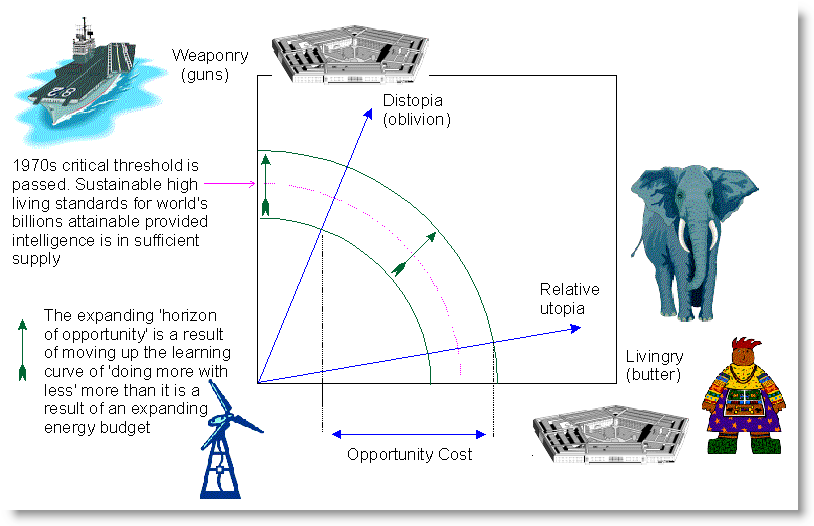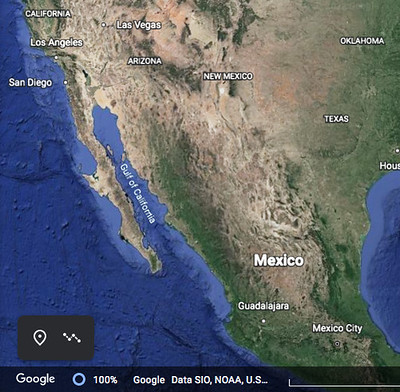SW TexMex Region
I just watched a YouTube about George Soros, with whom I've had no contact, nor have I worked for his NGOs to my knowledge, but maybe I did, as a CUE guy, with nonprofits my main clientèle.
As an applications developer and like that, it wasn't my business to get nosy about sponsors or donors, even if I worked on donor databases. Data is data. I worked with medical data too and always maintained confidentiality. It's easy to forget what you never really knew.
However, I can't claim to be on another planet from Soros either. As the author of one Project Renaissance, that spells out a whole public-private partnership ideology, which so-called "ruling elites" apparently these days favor, we might have some things in common. I tend to admire Hungarians, as among my favorite Martians (citing Hargattai).
I can't say I'm that freaked out about governments working in partnership with NGOs in various ways; it seems inevitable, based on a crowded planet and the one motherboard, Spaceship Earth's. Or not so crowded, depending on your perspective. That's not saying I favored or had a hand in the design of Twitter's backdoor for state censors. "Partnership" need not connote "clandestine".
Lets just say I don't immediately shout "fascist" just because I see multiple sectors of society working together, semi-amicably. Some labels are best applied based on an empirical track record, and not on mere blueprints or back of the envelope diagrams.
My attitude towards borders is realistic i.e. I start with what is, i.e. what's defacto. It's the idea of completely closed borders among nations, and the accompanying hole-free tracking of humans' movements, that has never been tried before. Governments didn't have that kind of tabulation power. The Third Reich had the vision and motivation, and finally, the technology.
"Closed borders" would be an experiment run by social engineers, an experiment on a vast scale with only some wanting to sign on to make it happen, and in a rather totalitarian manner, as glaring exceptions cannot be tolerated, somewhat by definition. Everyone needs to play along. That's a red flag in my book. If the experiment fails, is the damage reversible? Who gets to judge when failure happens. Has it failed already?
As the "global reach" authors have written, about transnational capitalism, the "great piracy networks" i.e. conspiracies among private fleet controllers, prototypical of today's corporations, have historically long predated anything so purportedly above ground and transparent as the modern constitutional nation state, a relatively new kid on the block.
In other words, modern nations have been the exception to the rule, and not for very long, against the backdrop of human history.
Could we go back to mainly city-states? I say "go back to" but with the caveat that it was never that simple, either then or now. The city-state model is plenty Machiavellian, what with alliances and advances in encryption.
What's the difference between a city and a campus, by the way? Sometimes the latter have their own power plants. Might a school become a virtual nation? I'm not saying we have laws for this, but nor have we laws for every aspect of crypto-currency use either. The picture is still evolving in other words.
In this context of their potential eclipsing or disappearance, for lack of maintenance (we're back to talking about nation-states): even if the threat is existential (with respect to them), it's not necessarily the end of the world if they've faded. That's a round-about way of saying we shouldn't take nations for granted if we want to keep them around. They'll get shrugged off. We're doing EPCOT now. Tomorrowland, featuring Spaceship Earth, looks relatively nation free (with pavilions preserved to sell merch, like Chinese food).
We need to distinguish customs checks from border patrols for example, when debating and discussing these intertwined issues.
An airplane is well over the border before it lands in some airstrip in Arkansas, and so any search of its contents, checking against a published manifest, could technically be customs, but not border patrol.
Prohibition, its enforcement, paid some attention to borders but often transgressed, using foreign countries and/or international waters as a battleground for a civil war over alcohol and other substances (here is where "substance control" comes in).
Prosecution of what are not considered crimes in a foreign state, outside of one's region of jurisdiction, represents a breakdown in law and order. Imperialism entails imposing or attempting to impose one's jurisdiction, one's edicts, by hook or by crook, upon a resisting, countering intelligence that does not recognize said empire's authority or legitimacy.
I've already circled the writings of Col. J. Fletcher Prouty quite a bit in these blogs, and in my YouTube channel too. He's a far better authority on these matters, of the battles over substance control, than I am, given my parochial perspective.
Oregon is one of those liberal states in wanting to medicalize, versus criminalize, the campaign against drug abuse. Drug abuse happens everywhere and our attention should not be narrowed to focus only on the criminal cases. Big name foundations helped launder the proceeds from the Oxycontin push. Media channels take money from crooks all the time, we've learned, even if these crooks have the best lawyers on their teams.
Many old timey religious types tend to favor moralizing "bad guys" talk over more psychological "sick guys" talk, as their remedy takes the form of punishment, versus "sending to the doctor" the way a more merciful God would do. Playing the angry father tends to be one of the easier forms of grandstanding, and hence the shrill tone of so much politics. I suppose they consider it "fire and brimstone" (apocalyptic?).
Anyway, I acknowledge permeable borders, and am not surprised at them, as permeability is part of my more generalized model of a biological membrane. That's what membrane means: there's leakage, at some frequencies, or call it filtering.
When systems become super intolerant of exceptions, they tend to become brittle and therefore fragile and therefore anxious about their own longevity, which leads to further fragility and so on, a descending spiral, ending on the ash heap of history.
Question: Do I want all borders to become one hundred percent impermeable based on the interests of their true and rightful controllers? I'd begin answering by questioning the question.
First question: why would it matter what I think or want? Big wheels are turning. I'm the observer-flaneur in this, with my sketch pad open. It's not "historical determinism" to say cosmic forces are at work. "The sun shines" is just as obvious.
Sure, Bucky Fuller showed up with his Dymaxion Map with its nationless data layer. More political world maps, making their debut around the same time, are by now obsolete, given shifting borders. Nations come and go, and that's the reality, not just propaganda.
Second question: Has this ever been tried? Don't pretend you're the one representing some status quo at least, if you're one of those "borders rule, no exceptions" types. I'd call exceptionless borders the wet dream of ultra nationalists, perhaps coming true at last?
Third question: was this planet meant for nationalists only? What about gypsies?
When it comes to the southwest TexMex region, I think it has a precious Disney-influenced identity it needs to show off as friendly and sophisticated, not war-like. Peaceful is the new normal where international eco-tourism is concerned. Theme parks need to keep their own bombardment to a minimum, for business reasons. Operational tanks are just too Jurassic, outside of museums and circus spectaculars. They masquerade as other than Dark Ages devices, convincing no one.
In truth, Americans of all stripes pour across the borders semi-indiscriminately each day, as the already sufficiently documented.
Unfettered travel across state borders is the norm within the United States (and what the EU was shooting for internally) wherein documentation may still be an issue, just probably not at physical border crossings.
Interstate lines are only lightly policed in the USA, with no mandatory pullovers. Weigh stations for trucks are something else.
Document policing is closer to substance control, and these may coincide at some border, as when and if one of your critical documents (e.g. a passport) has expired. I'm looking at renewal myself.
Bureaucracy aside, I'm for stressing the so-called Latin American world (part of the West) as its own destination, and whether you're in the United States or not (e.g. for a conference) may be somewhat of a technicality, not of primary importance. The venue is isolated and guests don't stay for long.
It's not like people outside the US don't have Uncle Sam style merch on display, perhaps for sale, so you can't go by what's in anyone's front yard or souvenir store inventory, necessarily, to determine whether they're an outpost. Every nation has its shadow diaspora, proud of its roots, and not hiding it (or disguising it, as the case may be).





